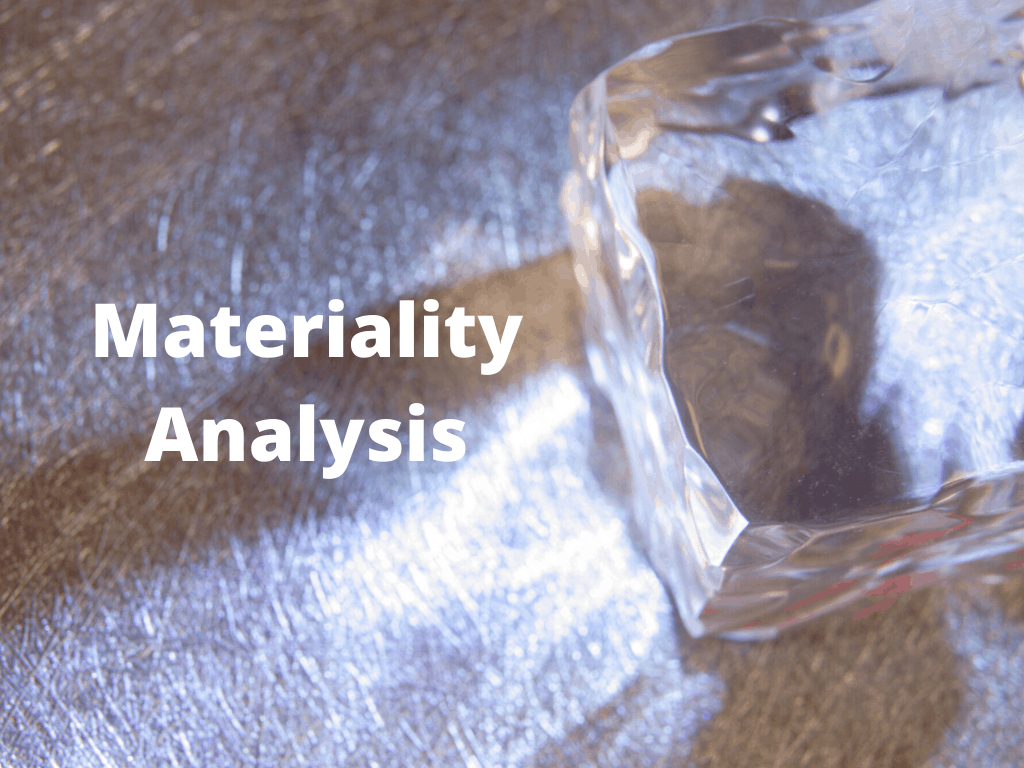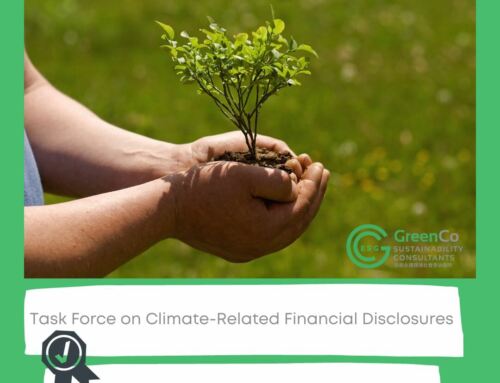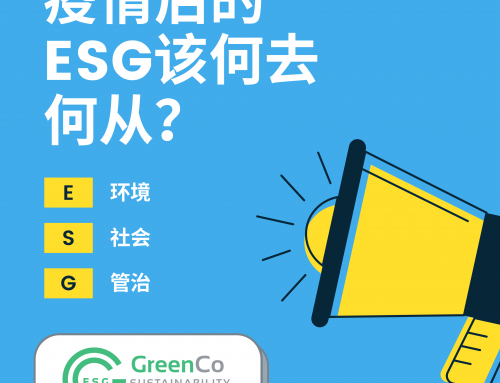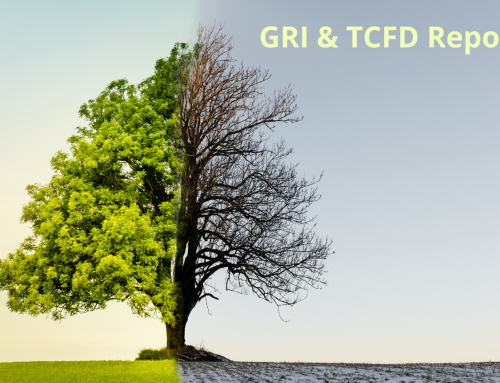According to the GRI standards, the sustainability report shall cover topics that:
- Reflect the reporting organisation’s significant economic, environmental, and social impacts; or
- Substantively influence the assessments and decisions of stakeholders.
Materiality assessment helps the reporting entity to identify those topics that are of great importance to the economic, environmental and social impacts on stakeholders’ assessments and decisions. To perform materiality analysis, here are the 8 steps the reporting entities are recommended to follow.






